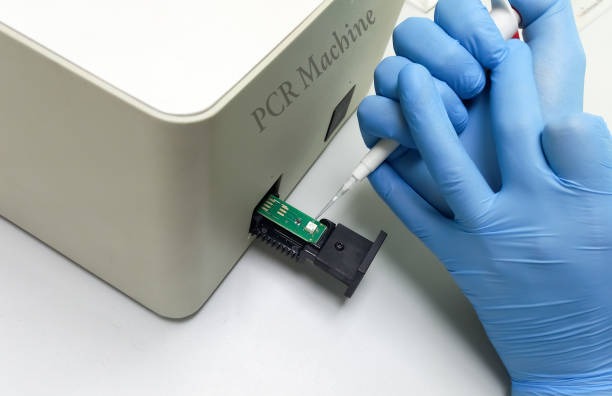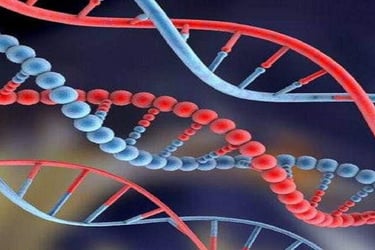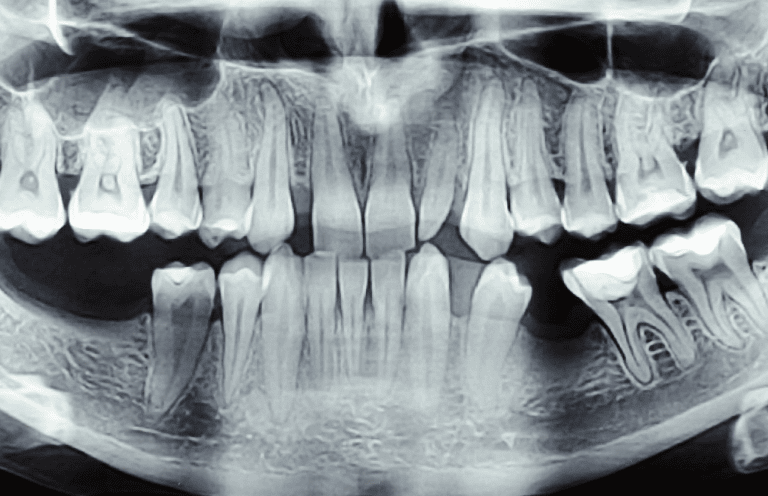Join Sanna Hope to Bring Hope!
Unite with Sanna Hope to search for missing persons, provide support to families, and make a real impact in our community. Volunteer your time or skills and be a beacon of hope!
Key Activities
1. Identification of Human Remains.
Using DNA profiling, dental records, radiographic imaging, and anthropological analysis, SAFR helps identify victims of war, detention, and forced disappearance. This includes exhumation work, chain-of-custody documentation, and data matching with family reference samples.
2. Mobile and Fixed Forensic Labs
SAFR supports the establishment of PCR and DNA analysis labs in conflict zones and underserved areas. These facilities allow for rapid identification and reduce dependency on foreign institutions.
3. Training and Capacity Building
SAFR offers certified training programs for students, medical professionals, and law enforcement personnel in:
Forensic pathology
DNA extraction and analysis
Disaster victim identification
Ethical practices in humanitarian forensics
Partner universities include Damascus University (Syria), Swedish University (Uppsala), and others across the region.
4. Awareness and Outreach
Through lectures, webinars, exhibitions, and publications, SAFR raises awareness about the rights of families of missing persons and best practices in forensic identification. It also hosts virtual events via Zoom and other platforms to reach wider audiences.
5. International Collaboration
We in SAFR always aspire to learn from international organizations such as:
International Committee of the Red Cross (ICRC)
International Commission on Missing Persons (ICMP)
European Network of Forensic Science Institutes (ENFSI)
Forensic Science Society (UK)
Uppsala university
These partnerships enhance technical capabilities and ensure alignment with global standards.
6. Psychological and Legal Support
Beyond identification, SAFR provides counseling services and assists families in navigating legal processes related to burial rights, inheritance, and transitional justice.
Countries of Operation
SAFR works across the Arab world, adapting its activities to the unique challenges of each context:
Syria : On-the-ground identification missions, mobile lab deployment, and training of local forensic teams.
Iraq : Supporting government-led identification efforts and collaborating with international experts.
Yemen : Remote consultations and virtual training due to ongoing insecurity.
Libya : Field missions, academic lectures, and lab setup in cooperation with local universities.
Morocco : Hosting regional training programs and serving as a logistical base for North Africa.
Lebanon : Addressing cases from past conflicts and assisting refugee-related deaths.
Palestine : Supporting identification of victims of military operations and detention-related disappearances.
Sudan : Providing advisory support amid political instability and intercommunal violence.
Saudi Arabia : Playing a foundational role in SAFR’s origins and hosting key academic and training events.
Leadership and Expertise
AFMP was founded by a coalition of volunteer experts who contribute their time and skills pro bono. These individuals are leaders in:
Forensic pathology
Molecular biology
Dental identification
Anthropology
Forensic entomology
Medical genetics
Humanitarian coordination
Most of the founding members are senior academics or practitioners affiliated with universities and medical institutions across the Arab world and Europe.
The foundation is governed by a Board of Directors , supported by Technical Committees and an Advisory Council comprising leading figures in forensic sciences, human rights, and humanitarian law.
Challenges and Achievements
Challenges
Operating in high-risk environments with limited security guarantees.
Political sensitivities around exhumations and mass graves.
Limited funding and reliance on donations and grants.
Cultural resistance in some communities toward forensic interventions.
Achievements
We contributed to Identification of many sets of remains across multiple countries.Establishment of mobile and fixed PCR labs in conflict zones.
We contributed to training of many professionals and students in forensic identification.
Development of standardized protocols for managing human remains in crisis settings.
Recognition from international partners for excellence in humanitarian forensics.
Future Goals
Looking ahead, SAFR plans to:Expand operations to additional conflict-affected regions.
Develop a regional forensic database tailored to Arab populations.
Launch a mobile app and online portal for families to submit information and track progress.
Establish a permanent regional forensic center in the Middle East.
Increase collaboration with UN agencies , NGOs , and academic institutions .
Advocate for national laws protecting the rights of families of missing persons.
Get Involved
SAFR welcomes support from:
Volunteers with forensic, medical, or humanitarian expertise.
Donors interested in funding field missions, lab development, and training.
Universities and research institutions seeking collaboration.
Families and survivors needing assistance or information.
For more information, visit the official website and contact us via email, or follow SAFR on social media platforms.












Reach Out for Help!
Let us assist in finding your missing loved ones with care and dedication.
Phone
+46 737 038 477
+963 968 568 427
info@sanna-hope.org
